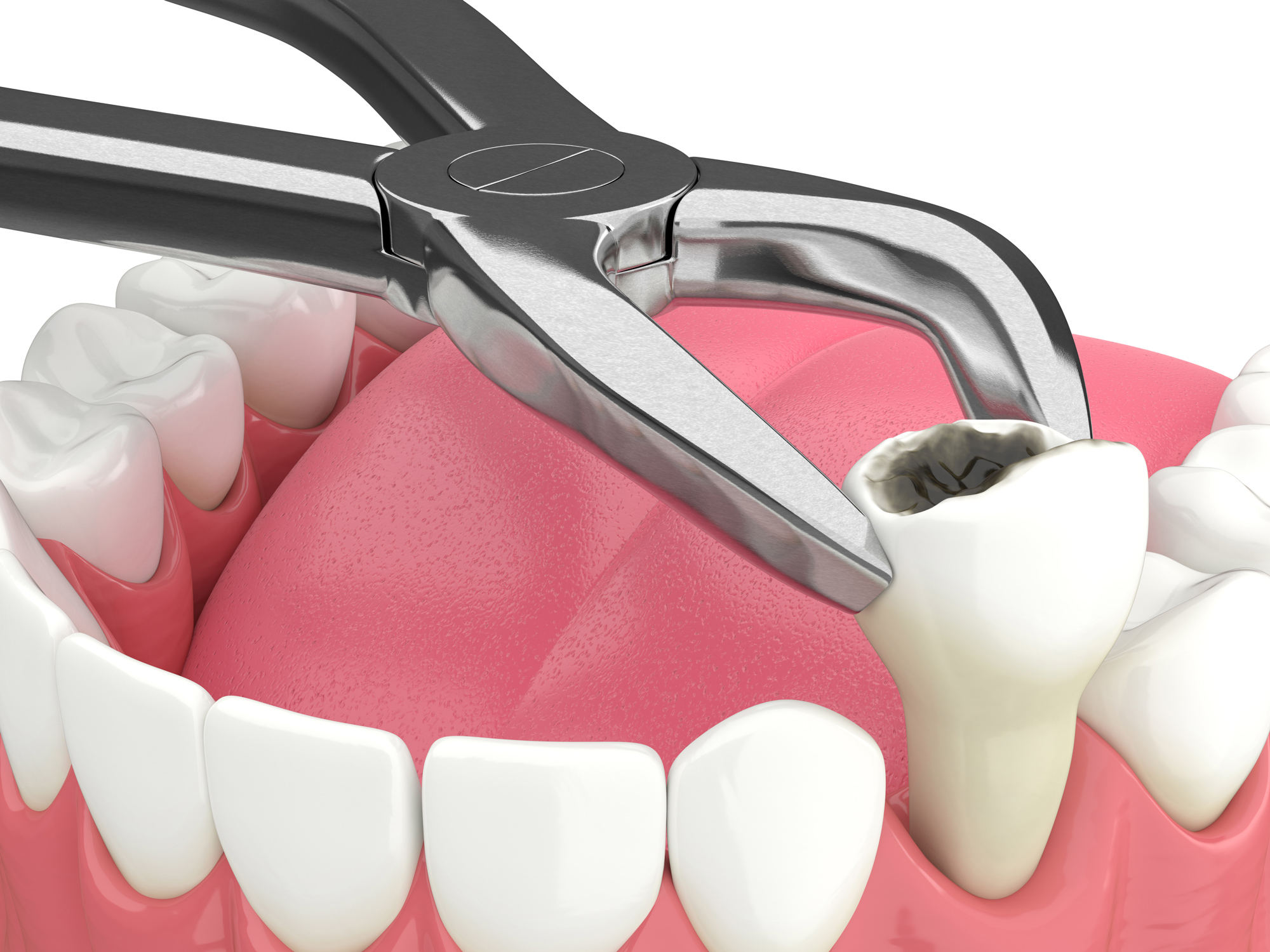
If you smoke habitually but require tooth extractions in Winnipeg, you may be concerned about the effect of this habit on your healing process. Tooth extractions can be tough on your body and require days of careful healing and care. If you are a regular smoker, you may already face issues with healing in comparison to non-smokers due to weaker gums and poorer overall oral health.
In this blog, our team at Vista Place Dental tells you about the possible complications that can arise from smoking following tooth extraction and how long you should avoid smoking to prevent these from occurring.
Smoking Increases Your Chance of Complications
Besides tobacco being a gum irritant, other chemicals found in cigarettes can also be harmful to your gums, especially after getting wisdom tooth extractions near you. These chemicals are responsible for discoloring your teeth, darkening your gums, and making you more susceptible to contracting oral diseases. When you get wisdom teeth extracted, your mouth becomes much more sensitive and vulnerable to infection. To avoid worsening this sensitivity, it is best to avoid smoking for at least a few days following your procedure.
However, if you are an avid smoker and it is challenging for you to stop despite the advice of our dental clinic in Winnipeg, ensure that you educate yourself about the potential risks of smoking immediately after tooth extraction.
What Are the Risks of Smoking after Wisdom Tooth Extraction?
The biggest risk associated with smoking after getting wisdom teeth removed is a condition called dry socket. This is where the blood clot that forms at the extraction site after surgery becomes dislodged. In most cases, this happens due to a sucking movement such as drinking through a straw, or yes, smoking a cigarette. The blood clot that forms at your extraction site is very important because it promotes the proper healing of the site. If it becomes dislodged at any point, it can be very painful and lead to infection.
Besides the risk of dry socket, smoking also increases your risk of developing bacteria in your mouth that will attack your gums and weaken your body’s healing ability.
How Soon Can One Smoke After Wisdom Tooth Extraction?
To avoid the risks discussed above, you should abstain from smoking for as long as you possibly can. However, if you smoke habitually and are worried about serious withdrawal symptoms, you should at least stop smoking for the first 72 hours following treatment, as this is when your body does its best healing.
This being said, if you have been trying to quit smoking for years to promote better health, getting wisdom tooth extractions may be the perfect opportunity for you to finally get rid of your smoking habit.
Proper Aftercare Practices
Getting wisdom teeth removed can leave your mouth in a vulnerable state for a few weeks, and you must follow the instructions for healing provided by a dental clinic near you to ensure that you do not experience any complications.
This includes avoiding using a straw, abstaining from smoking, and gently cleaning around the extraction site. It is also a good idea to limit your physical activity for the first couple of days after your procedure to promote successful healing.
If you have any further questions about healing after wisdom tooth extraction, please reach out to our team at Vista Place Dental. We are happy to address any questions or concerns you may have.